Italy
Suzannah Mirghani’s feature debut – a coming-of-age story set in a Sudanese village – is a rarity: a story set in Sudan that does not focus on the negative side of the country.
Feminist drama "Cotton Queen" – one of just a handful of movies made by Sudanese filmmakers - had its world premiere in the International Critics’ Week section at the 82nd Venice International Film Festival this week, where it was warmly received.
"It's really a dream come true to be here," Mirghani told The Associated Press, Thursday.
"Obviously it's a little bit difficult as well because Sudan is going through a war right now, so it's hard to be happy, but I'm very happy to be with the film and I'm glad that Sudan is getting some exposure that is not just purely focused on the negative sides of Sudan, that we're showing a different side of it, a cultural side," she added.
The movie is set in a rural Sudanese village built on generations of cotton farming, where a teenage girl called Nafisa (Mihad Murtada) grows up listening to her grandmother, the community’s matriarch Al-Sit, tell tales of resistance against British colonizers.
"Cotton is very central to Sudanese history, but it also has a very long history of hurt and colonialism. So the industry itself was a British colonial project," said Mirghani.
"So it's very associated with domination, extraction, and it's such a delicate, beautiful thing. So I really played on those contradictions between it being something that is a resource for extraction, but also something that keeps the community together," she said.
But when a young entrepreneur comes from abroad with promises of progress and genetically modified cotton, Nafisa finds herself at the heart of a fierce struggle over the village’s future.
As tradition clashes with change, she begins to discover her own voice - and power. Determined to protect her land and legacy, Nafisa steps into a new role that will transform both her life and her community forever.
Sudanese-Russian filmmaker Mirghani, who is based in Qatar, made a short film of the story in Sudan, and had wanted to return and make a feature length version in the same location, with the same cast. But when war broke out in Sudan, she was forced to shoot the film in Egypt.
“The most difficult part was not only shooting… building Sudan in Egypt, but also just working with people, a lot of people who are now refugees, the Sudanese people who moved there, a lot them are refugees now. So that was difficult, not just the normal production problems that you have to face, but also, you know, a very deep psychological trauma as well from the war."





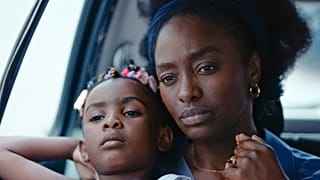
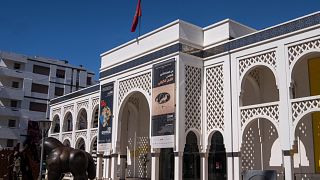
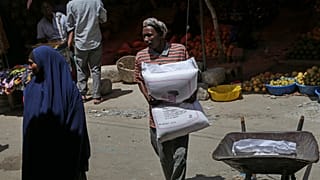
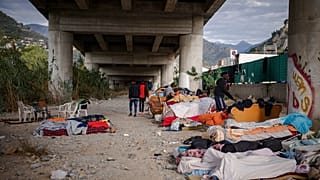
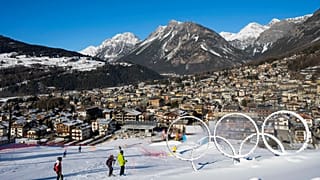
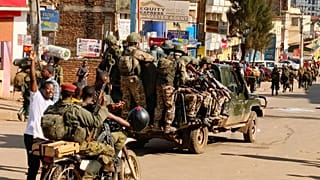
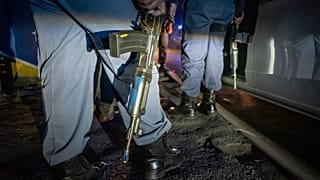
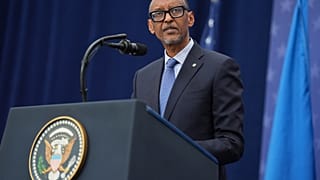
01:48
NGO says EU border policy driving young refugees into the hands of traffickers
02:00
UN says food distribution in Sudan improving but areas remain cut off
01:18
World marks International Day for the Elimination of Violence against Women and Girls
01:16
Sudan's Rapid Support Forces to enter into a three-month humanitarian truce
Go to video
Donald Trump sets sights on solving another war
01:37
Pregnant women flee Sudan conflict amid life-threatening conditions